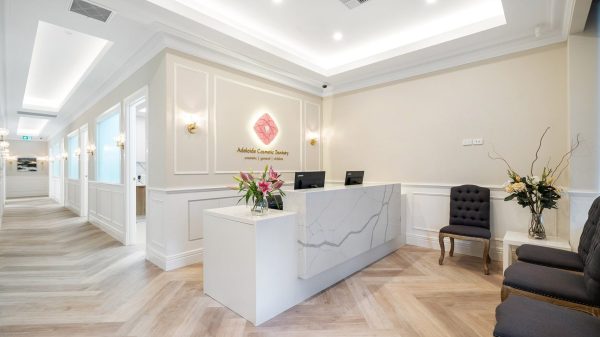Tight tongue, tired jaw, poor sleep? You might have an undiagnosed tongue tie.
Tongue tie (also known as ankyloglossia) can affect more than just speech — it can influence breathing, swallowing, posture, sleep, and even dental health. At Adelaide Cosmetic Dentistry, we offer gentle, laser-based tongue tie treatment for adults to restore comfort, function, and confidence.
What Is Tongue Tie?
A tongue tie occurs when the thin tissue (called the lingual frenulum) that connects the tongue to the floor of the mouth is too short, thick, or tight.
This restricts tongue movement, often leading to challenges with speech, eating, or oral hygiene.
In adults, untreated tongue ties can also contribute to jaw tension, headaches, and sleep or airway issues — problems that are often overlooked or misdiagnosed.

Who Can Benefit From a Tongue Tie?
Tongue tie treatment can benefit adults who experience:
Speech difficulties or limited tongue movement
Jaw or neck tension related to restricted oral function
Difficulty swallowing or eating comfortably
Snoring, mouth breathing, or mild sleep apnoea
Orthodontic or myofunctional therapy challenges
Why Choose Tongue Tie Treatment?
Correcting a tongue tie can have wide-reaching benefits, including:
Improved speech clarity and articulation
Better oral posture and airway function
Relief from muscle tension and strain
Easier swallowing and eating
Enhanced outcomes from orthodontic and myofunctional therapy
How Treatment Works
1. Comprehensive Assessment
We evaluate tongue movement, posture, and function to confirm the diagnosis.
2. Laser Release (Frenectomy)
A precise soft-tissue laser is used to release the restricted frenulum, minimising discomfort and bleeding.
3. Post-Treatment Exercises
Gentle stretching and myofunctional exercises support proper healing and muscle retraining.
4. Follow-Up Review
Progress is monitored to ensure improved range of motion and long-term stability.

Why Choose Adelaide Cosmetic Dentistry for Tongue Tie Treatment?
Gentle laser technology for precise, pain-minimised treatment
Experienced team integrating dental, airway, and muscle function care
Collaborative approach with myofunctional therapists and sleep specialists
Convenient Unley location, serving patients across Adelaide
Frequently Asked Questions
No. Laser treatment is gentle and typically performed under local anaesthetic, with minimal post-procedure discomfort.
Most adults resume normal activities within 24–48 hours, with mild tenderness lasting only a few days.
Many notice an instant improvement in tongue mobility, while speech and muscle coordination continue to improve with exercises.
Yes. Laser treatment is highly precise, minimising bleeding, swelling, and the risk of infection.
Often, yes. Exercises help retrain tongue and facial muscles to maintain the full benefit of the release.

